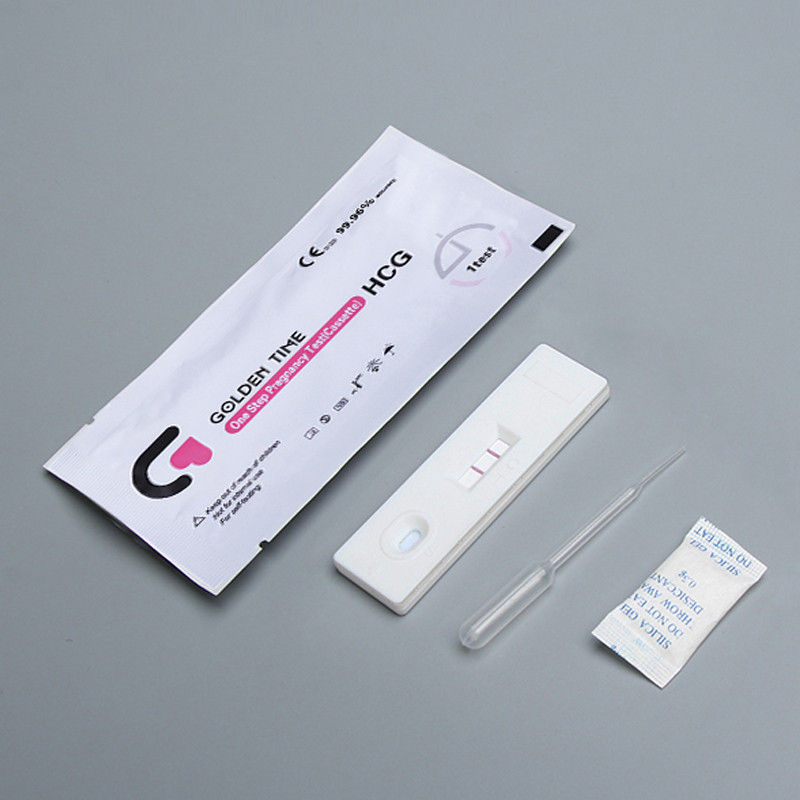Nov . 16, 2024 09:49 Back to list
wholesale hiv screening test
The Importance of Wholesale HIV Screening Tests
HIV (Human Immunodeficiency Virus) continues to be a significant public health concern globally. The availability and affordability of HIV screening tests play a crucial role in combating this epidemic. Wholesale HIV screening tests aim to provide a cost-effective solution that not only enhances screening accessibility but also promotes early diagnosis and treatment. This article delves into the significance of wholesale HIV screening tests, their benefits, and the implications for public health.
Understanding HIV and Its Impact
HIV attacks the body’s immune system, specifically targeting CD4 cells or T cells, which are vital for fighting off infections. If left untreated, HIV can lead to AIDS (Acquired Immunodeficiency Syndrome), a life-threatening condition. The World Health Organization (WHO) estimates that approximately 38 million people worldwide are living with HIV. Effective screening is essential as it allows for early detection, which is crucial in managing the disease, reducing transmission rates, and improving the quality of life for those infected.
The Role of Wholesale Screening Tests
Wholesale screening tests refer to the bulk procurement and supply of HIV testing kits. These tests can vary from rapid diagnostic tests (RDTs) to more detailed laboratory-based assays. The primary aim of wholesale distribution is to lower the cost of these tests, making them financially accessible to healthcare providers and, ultimately, to patients.
1. Cost-Effectiveness By purchasing in bulk, healthcare providers can significantly reduce expenses. This savings can be redirected towards other essential services, such as counseling, treatment, and support programs. Lower costs also mean that testing can be extended to high-risk populations who may otherwise forego testing due to cost.
2. Increased Accessibility With wholesale distribution, HIV tests can be made available in a variety of settings, including rural and underserved areas. Mobile clinics can leverage these affordable tests, thereby reaching communities that would typically have limited access to healthcare facilities.
wholesale hiv screening test

3. Rapid Diagnosis Many wholesale HIV tests are rapid tests, providing results within minutes. This feature is particularly beneficial in clinical settings where timely diagnosis can lead to immediate treatment initiation, improving health outcomes and reducing the chance of further transmission.
4. Encouraging Testing The stigma surrounding HIV testing can deter many individuals from seeking screening. By promoting affordable and accessible testing options, health organizations can encourage more people to get tested without the fear of incurring high costs or exposing their HIV status.
Public Health Implications
The implications of wholesale HIV screening tests extend beyond individual health. At a community level, widespread testing can lead to early identification of HIV-positive individuals, allowing for timely treatment and care. This early intervention can significantly reduce the viral load in patients, contributing to the concept of treatment as prevention. When individuals adhere to antiretroviral therapy (ART), the risk of transmitting HIV to others is drastically decreased.
Furthermore, public health campaigns that incorporate wholesale screening tests underscore the importance of understanding one's HIV status. With more individuals being tested, health authorities can better track infection rates, monitor trends, and allocate resources where they are most needed. Such data is essential for shaping effective public health policies and strategies aimed at combating the HIV epidemic.
Conclusion
Wholesale HIV screening tests represent a crucial step towards enhancing the efficiency of HIV prevention and care strategies. By ensuring that testing is both affordable and accessible, we can make significant strides in early detection, treatment initiation, and ultimately, reducing the transmission of HIV. As we continue to combat this disease, it is imperative that public health systems prioritize the procurement and distribution of affordable testing options. Together, we can work towards a future where HIV testing is a universal standard and where individuals are empowered to take charge of their health.
-
Reliable Early Pregnancy Test Kit Supplier - Multi Plastic Cassette Options
NewsJul.30,2025
-
Transferrin Rapid Test Cassette – Reliable Tumor Marker Detection
NewsJul.29,2025
-
Accurate Follicle Stimulating Hormone Test Kit | Rapid Reliable Results
NewsJul.29,2025
-
High Accuracy LH Ovulation Test Kit - Digital Results & Wholesale Options
NewsJul.29,2025
-
HbsAg Blood Rapid Test Kit for Fast & Accurate Hepatitis B Detection
NewsJul.28,2025
-
Sterile Urine Cup for Safe & Easy Collection | High-Quality Specimen Cups
NewsJul.28,2025

